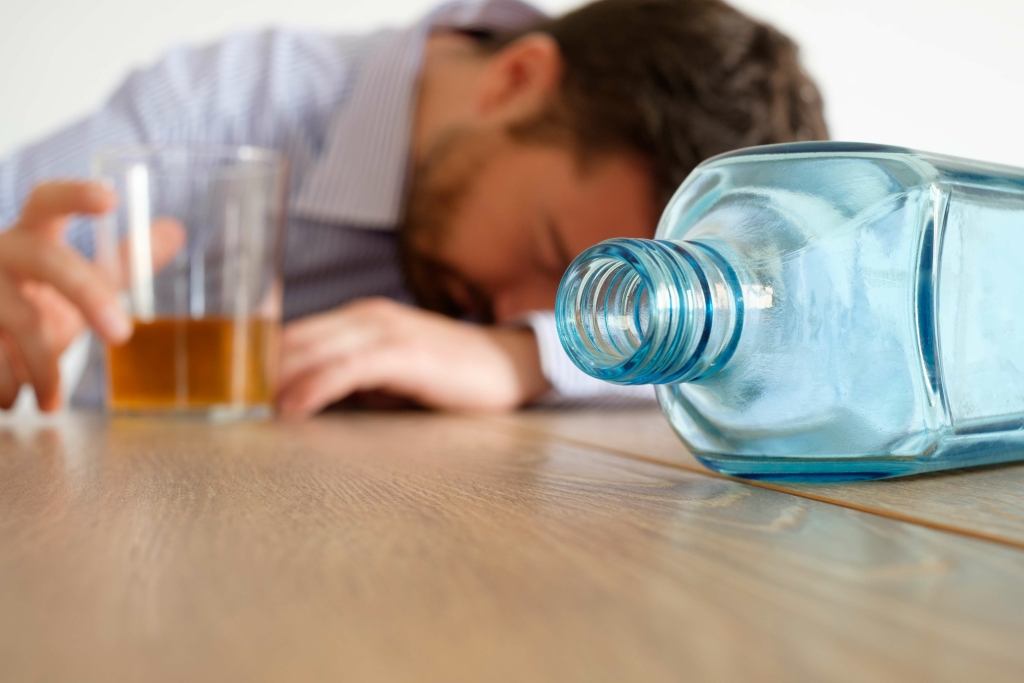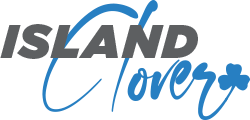Pinterest spokesperson Ivy Choi says the company deleted the account and works quickly to remove content that violates its policies when it detects them. AllTrails declined to comment, and other organizations did not respond to a request for comment. Streamlining the data collection process reduces administrative burdens. It also allows researchers to delve directly into addressing critical issues without unnecessary hurdles.
Find support for your addiction recovery
- The well-researched science of behavior change establishes that addictive behavior change, like any behavior change, is a process that starts long before there’s any visible shift in activity.
- Remember that, if you are suffering from a drug overdose, be sure to call 911 immediately or make your way to the nearest physician.
- On March 1, 2022, President Biden announced his administration’s strategy to address our nation’s mental health crisis as outlined in the 2022 Presidential Unity Agenda.
- It’s not possible to undo the damage that was done, but it is possible to build new sources of self-respect by acknowledging past harms, repairing relationships, and maintaining the commitment to recovery.
You have the greatest chance of success if you adopt all five steps. Overcoming drug addiction is a process that requires time, patience, and empathy. A person will want to consider actions they can take such as committing to change, seeking support, and eliminating triggers. Depending on the addiction, medications may also be available to help. Cognitive behavioral therapy has been shown effective in helping people overcome addiction. In one study, 60% of people with cocaine use dependence who underwent CBT along with prescription medication provided cocaine-free toxicology screens a year after their treatment.

Addiction Recovery: Overcoming Your Alcohol or Drug Problem
It takes continuous commitment, which can waver at any time—particularly times of stress. There is no one-size-fits-all approach when it comes to addiction recovery. Lifestyle changes, behavioral therapy, medications, and mutual support groups may all play a role in your treatment, but it is important to find the approach that works best for your needs. Medications can be utilized to treat symptoms of withdrawal, help people remain in treatment, and prevent relapse. The type of medication a doctor prescribes depends on the type of addiction that is being treated.
How do behavioral therapies treat drug addiction?
Research suggests they often thrive in long-term recovery, reconnecting with family and enjoying economic success. Distraction can also help interrupt craving-induced thoughts of using, which can gather momentum. No matter the pathway to recovery, the mechanisms by which people change are the same. Research shows that whether people make use of formal clinical https://theillinois.news/top-5-advantages-of-staying-in-a-sober-living-house/ services, mutual-help organizations like SMART Recovery and AA, or find their own unique path, they engage a common set of tools. Change is always difficult, and the temptation is constant to fall back into old and familiar patterns of thinking and behaving. Creating a new path takes proactive effort and much repetition before it feels comfortable.

Such a simple maneuver maintains all the behavioral actions of drinking—while eliminating the active drug (ethyl alcohol)—and that can be enough to at least partially mollify the brain’s reward pathway. A lot can be at stake in a relapse, including life itself; doing whatever is necessary to ensure a way out of high-risk situations Sober House is essential. Having a “parachute” ready for such eventualities takes a little preparation and knowledge that some situations (such as a social event or party) will in fact be high risk. Strategically avoiding an event, a person, or a situation with a polite excuse can yield lifesaving dividends, especially early in recovery.
- This includes people with addiction to alcohol and people in recovery from opioid and substance use disorders.
- The group setting allows peers to both support and challenge each other, and creates a sense of shared community.
- These changes in the brain also affect impulse control and judgment, which makes quitting that much more challenging.
- Focusing on finding rewarding, healthy strategies that support your long-term recovery.
- Substance use commonly occurs alongside other mental health conditions.
Build a meaningful drug-free life
- The journey to remission can be bumpy, and it can take a long time.
- ” Remind them often that you are willing to be their recovery support.
- The confidential and anonymous resource for persons seeking treatment for mental and substance use disorders in the United States and its territories.
- Each person’s timeline for recovery varies based on their unique needs, substance use history, and life circumstances.
For this reason, it is a good idea to talk to a doctor about the best way and the best place to quit a substance. For example, a person who is trying to quit smoking would start by deciding whether they are going to stop smoking cold turkey or gradually reduce their nicotine use. Once you have resolved your underlying issues, you will, at times, continue to experience stress, loneliness, frustration, anger, shame, anxiety, and hopelessness. Finding ways to address these feelings as they arise is an essential component to your treatment and recovery.


